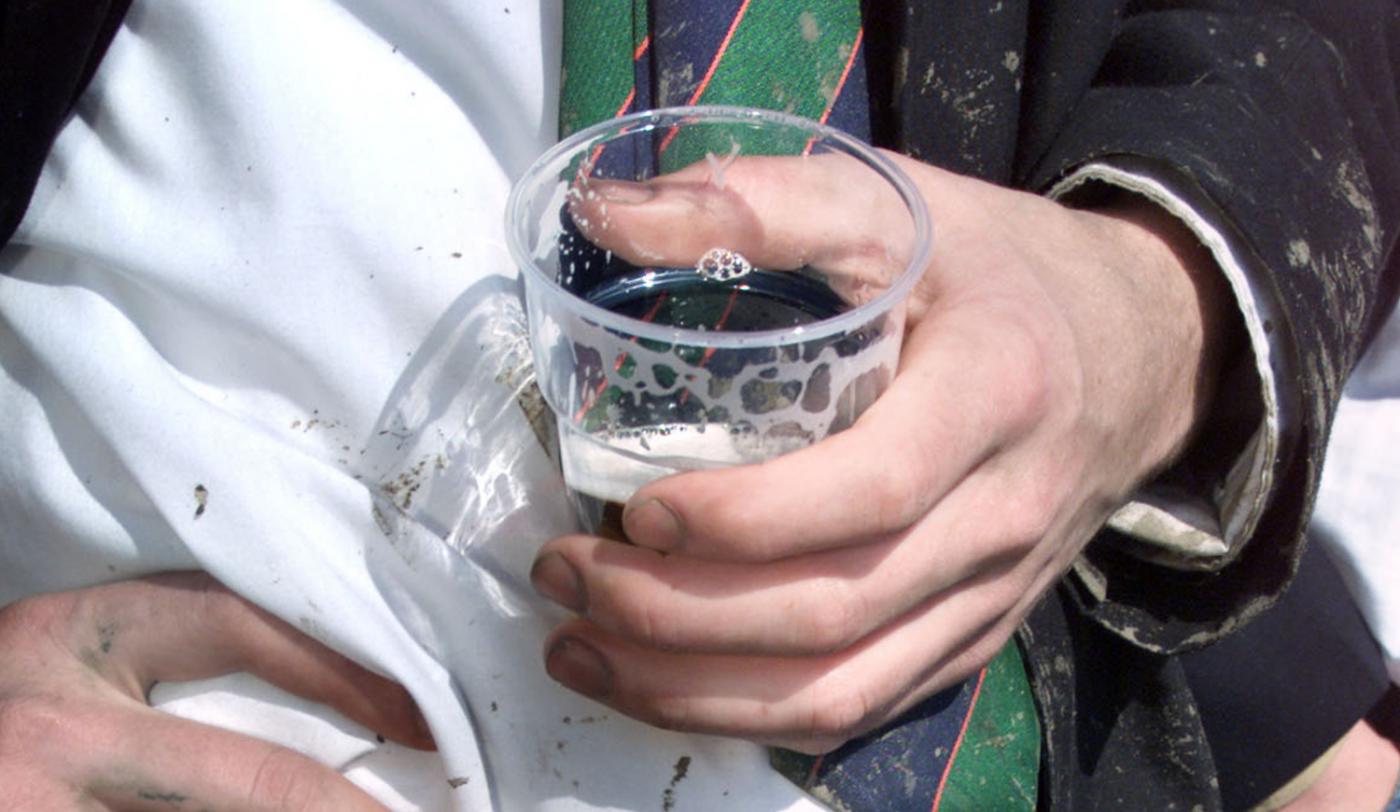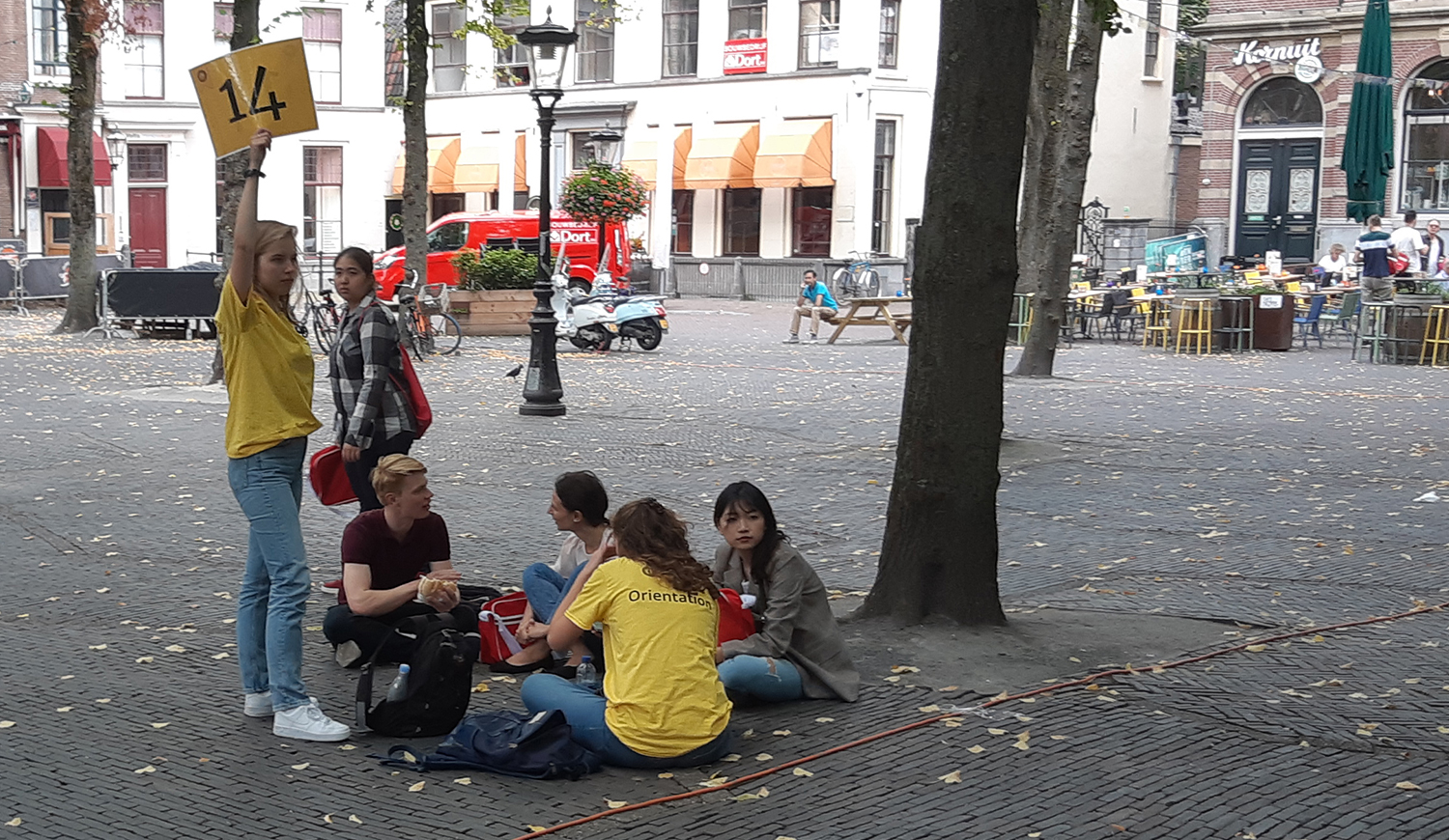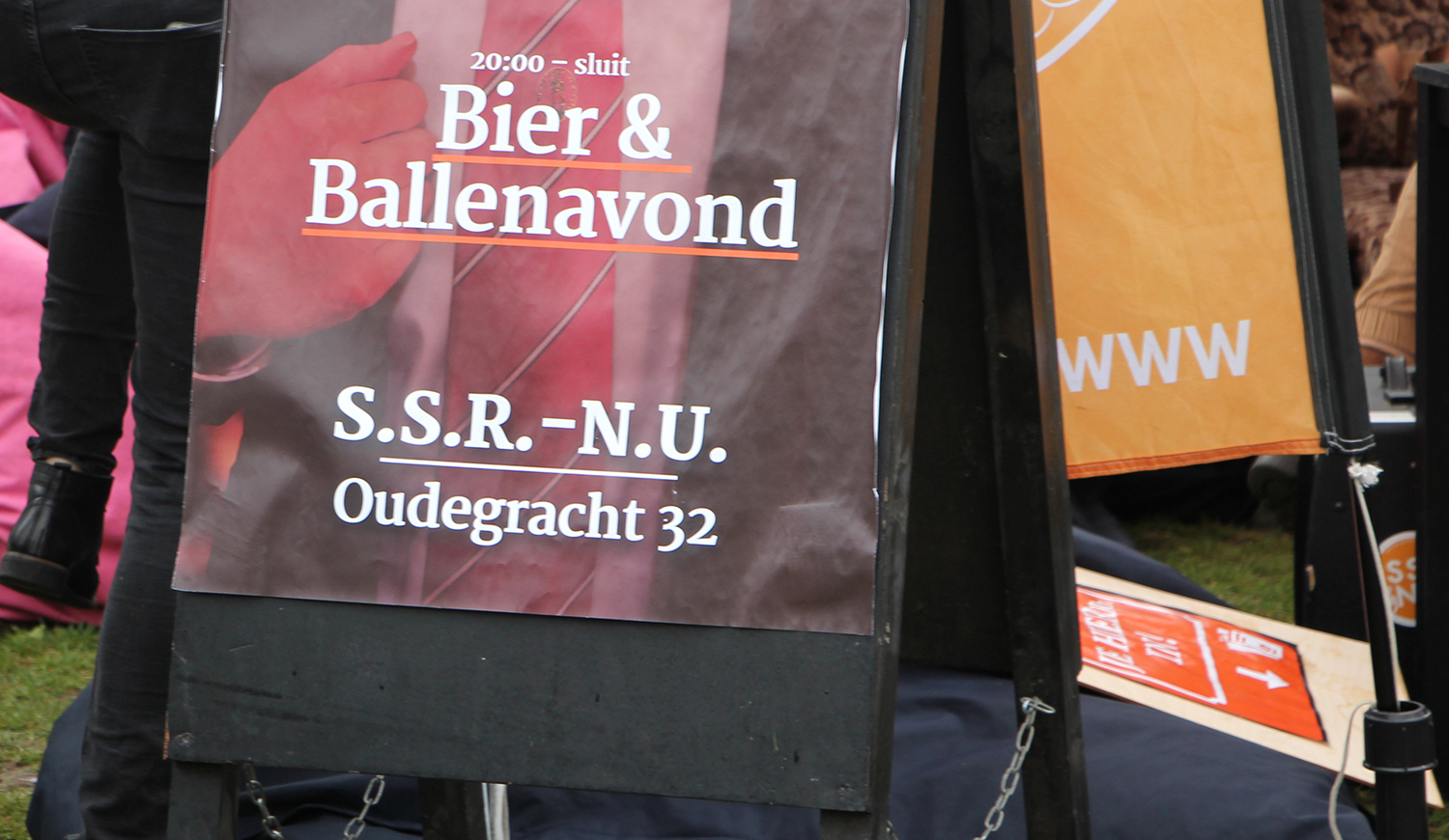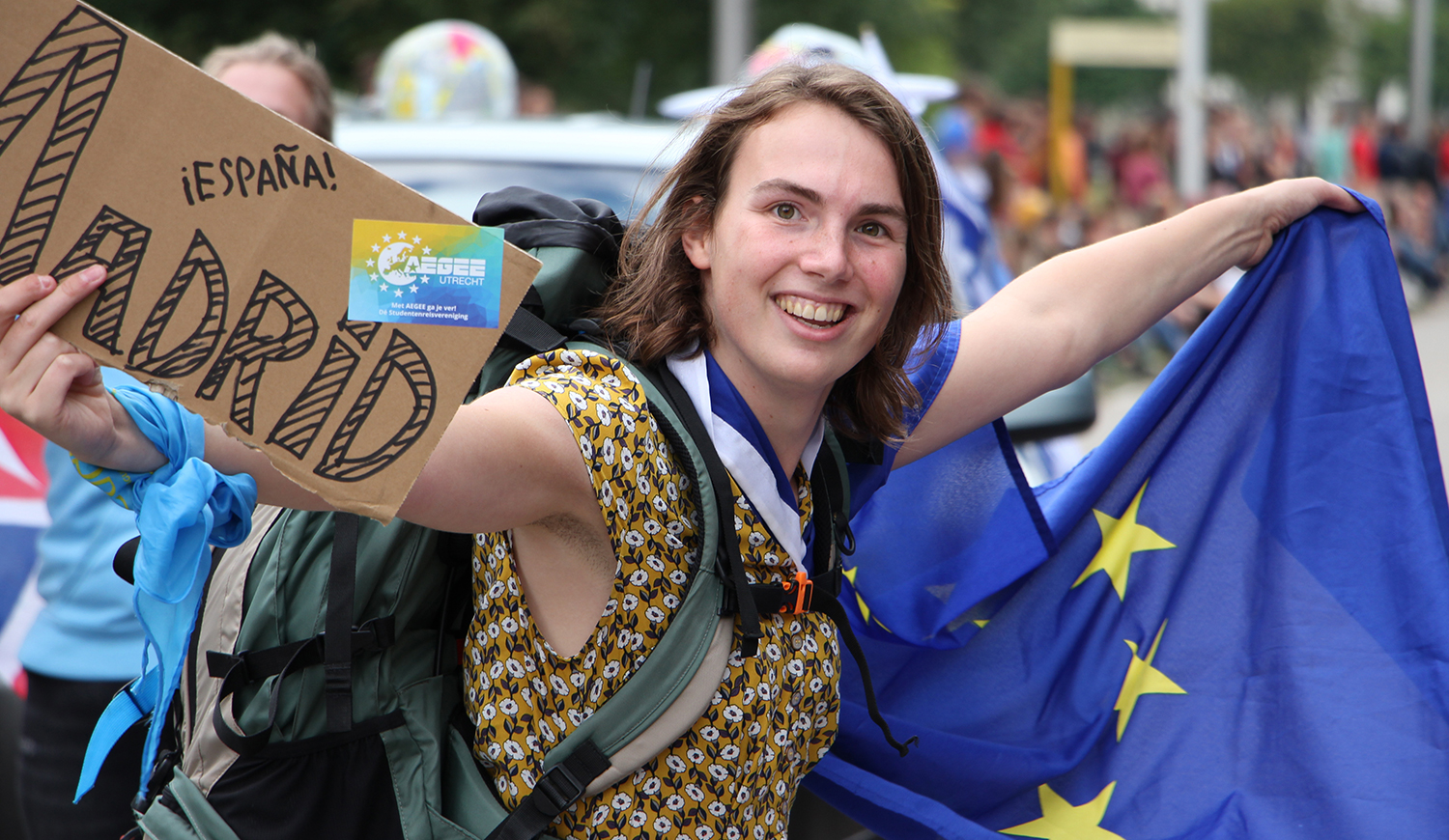Internationalisation difficult for associations due to Dutch mores

The number of international students is growing. In 2018, 9.3 percent of UU students were international, in 2013 this was only 5.2 percent. Nevertheless, various studies show that international students often do not feel at home in the Dom City [LINK https://www.iso.nl/2019/06/enquete-toon-large-barrieres-for-internation…]. Utrecht University therefore encourages student associations to focus more on this growing group of students.
"We now see that there are two separate student groups: the Dutch and the international student," says Fabian Koolstra of the Student and Academic Affairs Office of UU. According to him, segregation is undesirable. Student organisations play an important role in the social life of students, which is why UU is now calling on them to respond to international students. To make the step towards internationalisation easier, UU offers assistance to student organisations by facilitating website translations, giving workshops and organising the Orientation, the introduction period for international students. Koolstra emphasises that the integration of international students in Dutch association life does not have to be complicated. As examples he mentions organising international dinners, or giving guided tours. But are Dutch associations open to foreign members? DUB calls five associations.

Customs and songs are inextricably linked to the Dutch language
Social Association Biton has no international members at the moment, but president Willemijn Ros says that the association is certainly open to this group of students. For example, the board has already made a translation of their website. "Last year, we even had the plan to organise a party for international students, but that didn't happen because of a busy schedule," says Ros. Furthermore, the president indicates that they are prepared to provide custom-made solutions when an international member registers, for example by making the introduction period accessible to students who do not speak Dutch. The bottleneck lies in the recruitment of these students, says Ros. "Biton is not a corporate association, it really is something different, and that does not appeal to everyone." Moreover, it appears to be difficult to reach international students through the regular channels. For example, few foreign students take part in the Utrecht Introduction Time (UIT).
Dorine van der Lelie, vice-president of S.S.R.-Nu, agrees that international students are welcome at her association as well. However, it remains difficult to ensure the association is accessible to students who do not speak Dutch. “At S.S.R.-Nu there are various traditions, customs and songs that are inextricably linked to the association and the Dutch language. It is difficult to make drastic changes in this, because you do not want to change the character of the association.” Despite these limitations, the association tries to organise an event for international students at least once a year. "Mainly because we like it, and, of course, also because we demonstrate that everyone is welcome to join us."

Unitas S.R., on the other hand, does have international members and some of them are even very active within the association. Despite their non-Dutch origin, these members all speak Dutch. “This is very important, since all statutes and laws are written in Dutch. Moreover, Dutch is the working language," says rector Godelieve de Wijer. In addition, Unitas S.R. does not intentionally recruit international members, because they often spend less time with an association. However, the Social Activities Committee regularly organises events to which international students are also welcome.
U.V.S.V./N.V.V.S.U indicates to be open to all female students, including international students. Sometimes drinks are organised for internationals, and the website has a translation button. Nevertheless, it remains important that members speak the Dutch language, according to president Manon Arslanagic. In addition, not all international students continue to live in the Netherlands after their studies, she says: “At U.V.S.V./N.V.V.S.U., people are an active member for five years. This can be difficult for international students who are studying here temporarily. Moreover, contacts are often maintained after this period as well. This is more difficult if you would then live abroad."
The official language on drinks is Dutch
Despite the international character of student association Aegee-Utrecht, it currently has no active international members. President Jeroen Wijman explains that UU uses two definitions of the label "international". The first is to promote the integration of international students in Utrecht, as is done by, for example, Buddy-go-Dutch or ESN. These types of associations have many foreign members, and in these associations English is the working language. The second definition of an "international association" is facilitating the international orientation of Utrecht students. The latter definition is better suited for Aegee or SIB, according to the president.

Aegee-Utrecht is in fact part of a large European network of associations, which obviously has an international character. Wijman emphasises that international members are more than welcome as well. In the past, the association has had some non-Dutch members. The official language on drinks is Dutch, although members are quite willing to speak English. Nevertheless, small groups would form because the Dutch students would not speak English amongst each other, something that is not beneficial to integration. "We would therefore prefer to have a larger group of international members, so that they can fall back on each other." In addition, the association is busy developing an English version of their website.